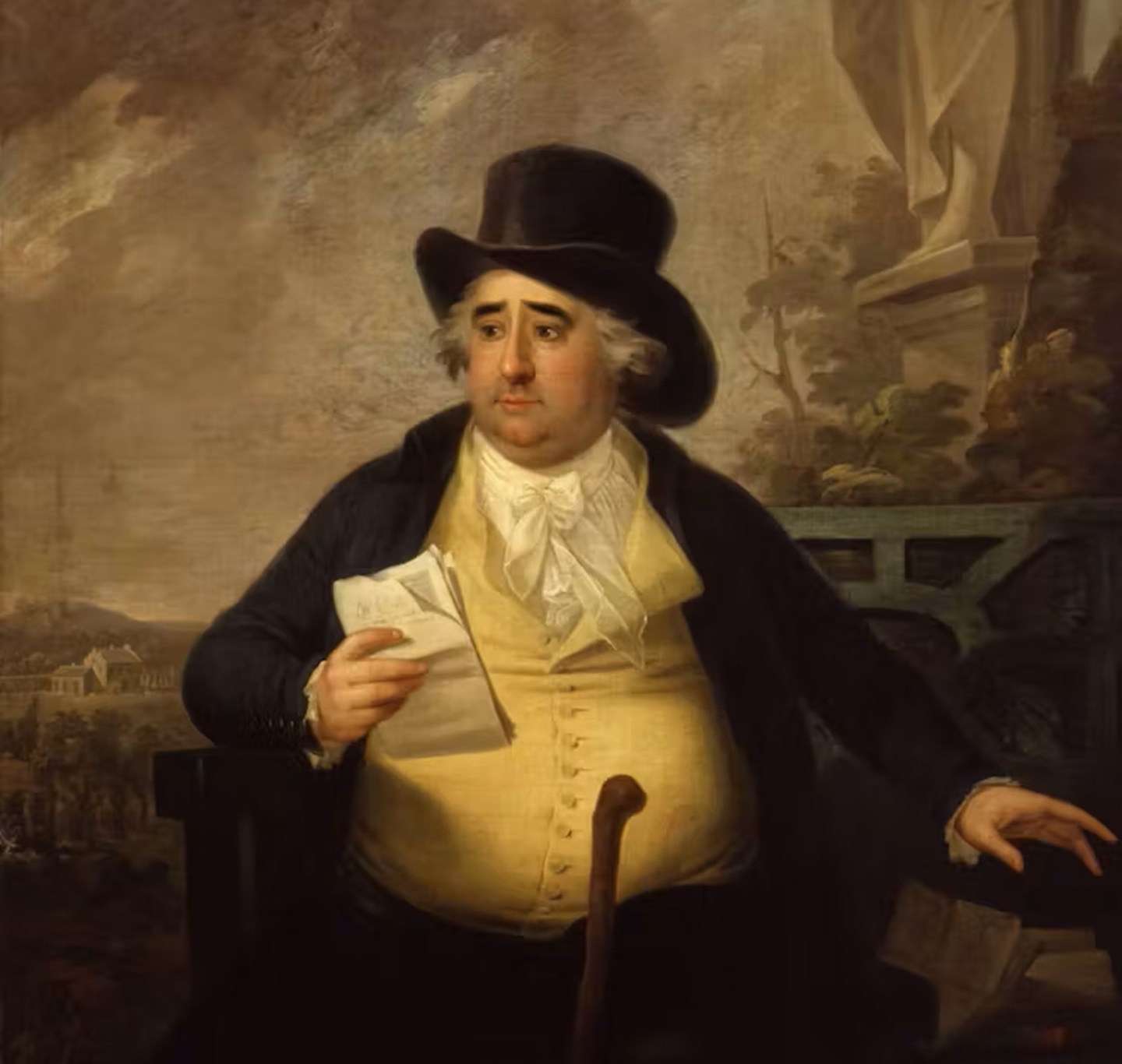Mewn erthygl yn The Conversation, mae Dr Callum Smith yn trafod Charles Fox, gwleidydd carismatig, dadleuol ac yn adnabyddus am ei ddyfyniadau diddiwedd, a sut y gwnaeth adeiladu mudiad gwleidyddol o’i gwmpas ei hun.
It’s hard to think about politics today without immediately picturing the face of a party’s leader, charismatic or otherwise. Whether delivering a rousing conference speech, squirming through a TV interview, or being caught by a “hot mic”, figures like Nigel Farage, Jeremy Corbyn, Donald Trump and Boris Johnson have dominated the political landscape in recent years.
We often talk about them more than the parties they represent. In many ways, the party has become a faction of its leader. But is this rise in personality politics really anything new? History – particularly 18th-century history – suggests otherwise.
Nobody embodied this form of politics better than Charles James Fox, as my latest book explores. Fox was as famous for his charisma and scandals as he was for his statesmanship. Though an aristocrat, he was known as the “man of the people”, with a loyal following within and outside of parliament.
Fox might technically have belonged to the Whig party, over its rival the Tory party. But such distinctions in his day were almost useless. Politics in Fox’s era was factional and centred around personality as much as politics.
So strong was the draw and bond of the Foxites’ leader, that when Fox died in 1806, his movement collapsed, and his followers scattered. A testament to the fragility of leader-based politics.
The charisma trap
This form of politics was and is only possible because of the media attention awarded to individual leaders at the expense of party. In the 18th century, Fox was satirised and simultaneously promoted to the public. He could attract a cult following, because the media inflated his cult status.
Although forms of media have evolved from caricatures and broadside, television, tabloids and social media continue to favour individual charisma and controversy over collectivism and party unity.
But, as my book argues, as the importance of the factional leader grows, so too do the risks of sudden and dramatic downfall. History suggests that we are destined to repeat and follow the patterns of Fox’s era. But it also suggests that such factions rarely outlast their leaders. Which raises the question, what comes next?![]()
Mae'r erthygl hon wedi ei hailgyhoeddi o The Conversation dan drwydded Creative Commons. Darllenwch yr erthygl wreiddiol.




